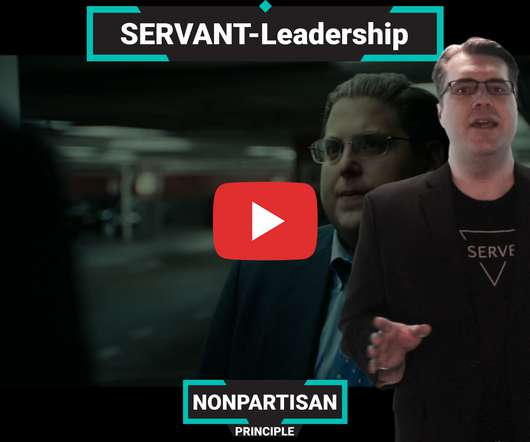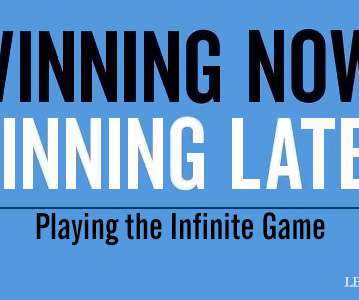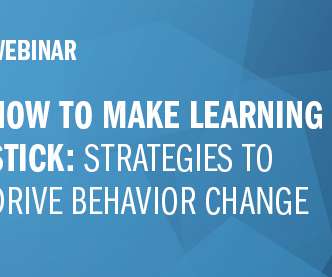Servant-Leadership 101: Nonpartisan Lesson (Moneyball Movie Example)
Modern Servant Leader
JULY 6, 2022
The second-to-last principle in the Acronym Model of SERVANT-Leadership is Nonpartisan. Servant-Leadership Principle Reflection Questions on Nonpartisan. How can you ensure underrepresented people and perspectives are reflected in your decision-making process? Your goal shouldn’t be to buy players. Sony Pictures.



































Let's personalize your content